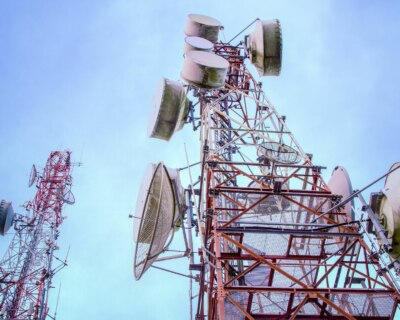
Louisiana Needs Fair 5G Policy
There are few things in our modern world more frustrating than being unable to get a cellular signal when you need it most. As we increasingly rely on our cellphones for not only communication but for services like ridesharing and countless others, having a dependable and speedy connection is becoming a necessity. These connections become especially important at large events, such as LSU or Saints football games, concerts, or the most Louisiana of traditions, Mardi Gras.
Unfortunately, it’s at these kinds of events where today’s networks are the least reliable. But a new technology called 5G, short for 5th generation, has the potential to deliver reliable and speedy networks even in a crowd.
However, in order for 5G technology to be deployed, it requires the installation of “small cell” towers much closer to the people they are sending the wireless signal to. That means hundreds of towers need to be installed in cities and towns across the nation to deliver a reliable 5G network.
This is where government plays an important role in either speeding up or slowing down 5G deployment. Cities, such as Indianapolis, set up clear rules for how to deploy these small cell towers. As a result, Indianapolis is a leader in 5G coverage. This means the people of Indianapolis not only have better coverage, but the technology companies which rely on 5G have been moving there in droves.
Other city governments have slowed deployment in a couple of ways. One is by charging large fees to deploy the small cell towers. Other times, they require companies to comply with reams of red tape to set up their towers.
Louisiana needs policies which encourage 5G deployment. Not just to ensure our cell phones work when we need them most, but for all the emerging technologies that will rely on 5G. You can learn more about 5G by watching the Pelican Center for Technology and Innovation’s newest video below.



